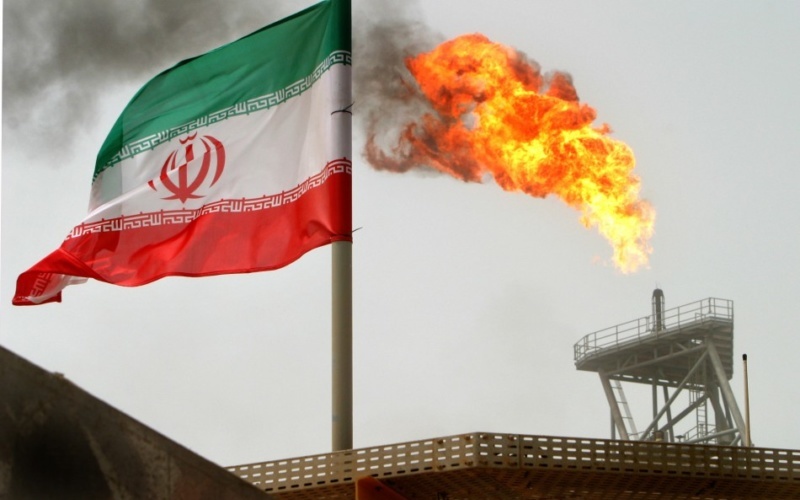An article in Iran’s State media on Friday inadvertently exposed Tehran’s exaggerated hopes of attracting investment by Western oil companies, after the July 14 nuclear deal with the 5+1 Powers.
Press TV continued weeks of proclamations that Iran’s oil and gas industry will recover with the contracts with foreign companies, headlining that Royal Dutch Shell and Italy’s Eni “Look to Return to Iran“.
The outlet lifts a quote from Shell’s financial chief Simon Henry on Thursday, in an article by Platts, a provider of energy and metal information: “For us, [Iran] is a huge gas province so it would be good to be there — in conventional gas — at the right terms.”
However, Press TV omits this important sentence from the report: “The oil major is not expecting any quick, easy deals under Iran’s new planned contract terms and significant returns from any upstream projects are likely to be years away, [Henry] said.”
Press TV does cite Henry’s caution, “Anybody who thinks that we are going to suddenly swan in and end up with great contracts that make a difference within 12 months, I think is a little naive. It’s not going to be easy, it will take time.”
But it does not give the rest of the quote about how much time is involved: “This is probably a 30-40 year play, it’s not about the next two or three years.”
Shell pulled out of the development of the South Pars gas field, the world’s largest, in 2008. The Dutch giant had also operated Iran’s Soroush and Nowruz oilfields in the Persian Gulf, at a capacity of 200,000 barrels per day, before ceasing business in 2010.
Relations with Tehran are further complicated by an outstanding debt of $2.3 billion to Iran. Henry said that sanctions must be lifted on the Islamic Republic before the money, owed for crude oil lifted in early 2012, can be paid.
As for the Italian company Eni, Press TV tucks away a quote from Chief Executive Officer Claudio Descalzi — given to Bloomberg —- which is far from hopeful about an imminent return: “Iran in terms of oil and gas is a huge and big country, very interesting, but we need to wait.”
It also ignores Descalzi’s explanation: “We started our discussion with Iran but we are more actually discussing about the outstanding issue, outstanding money that we are to recover from the past projects.”
Almost all oil and gas companies left Iran in 2010 amid increasing US-led sanctions. The Islamic Republic’s production fell from more than 4 million barrels per day in 2012 to about 3.1 million bpd in mid-2014. Its exports dropped by more than 60% — from 2.2 million bpd to about 800,000 bpd — although they have recovered to about 1.4 million bpd now.

